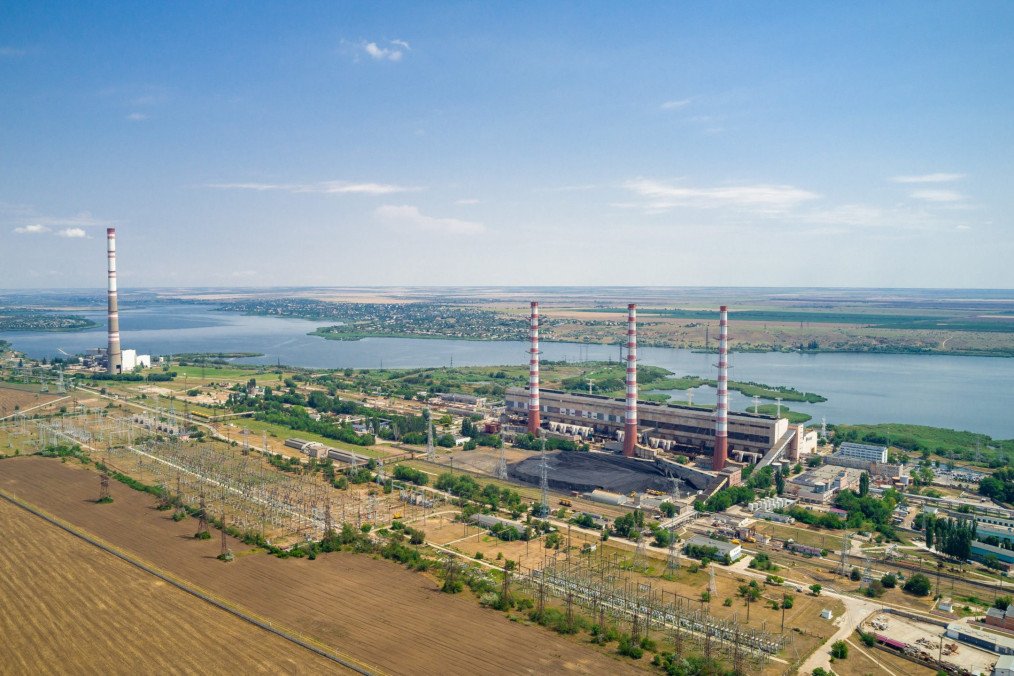- Category
- Latest news
Moldova to Cease Electricity Imports From Transnistrian Power Plant Starting January 1, 2025

Moldova will halt electricity imports from the Moldovan Thermal Power Plant (GRES) in Transnistria starting January 1, 2025, following the expiration of its current contract. The state-owned company Energocom announced that no new agreement had been reached, and as a result, electricity supplies from the plant will be discontinued.
Throughout 2024, the Russian-controlled Moldovan GRES provided up to 80% of electricity needs for the right bank of the Dniester River. However, by December, the share of imports from this plant was reduced to 37%.
In response to the disruption, Moldova’s Ministry of Energy has developed a plan to ensure power supply for the right bank of the Dniester. The plan includes using thermal power plants Termoelectrica and CET Nord to cover around 200 MW of base consumption, with the possibility of expanding capacity using existing reserves.
Additionally, Energocom has secured a 100 MW contract with the Cernavodă nuclear power plant in Romania and another 100 MW through contracts with the Brazi TPP in Romania. Hydro power from the Costești-Stînca plant will contribute up to 10 MW, while renewable energy sources are expected to supply between 50 and 150 MW, depending on weather conditions.
Despite these measures, experts have raised concerns that Moldova may face challenges in replacing the significant volumes of electricity previously supplied by the GRES. Deputy Prime Minister Oleg Serebrian noted that Moldova would be unable to import sufficient electricity from Europe, which could lead to power outages if the station ceases operation.
To mitigate the risk of shortages, the Moldovan government plans to introduce energy-saving measures starting January 1. These include reducing street lighting, shutting down escalators in public and commercial buildings, and adjusting work schedules for energy-intensive industries. The government is aiming for a 30% reduction in energy consumption.
An additional challenge is posed by the cessation of Russian gas transit through Ukraine starting January 1, 2025. This will impact both Moldova and Transnistria, as the Moldovan GRES relies on Russian gas for electricity generation. Without these gas supplies, the plant will be unable to operate, exacerbating the energy crisis in the region.
The Ministry of Energy has also called on citizens and businesses to practice energy conservation, particularly during peak consumption hours from 7 to 11 AM and 6 to 11 PM. A reduction of 60 MW during these times will help stabilize the grid and prevent power disruptions.
Earlier, Moldovan Prime Minister Dorin Recean instructed his government to prepare for the potential nationalisation of Moldovagaz, the country’s gas utility, amid a dispute with Gazprom. The Russian company, which owns 50% of Moldovagaz, has threatened to suspend gas exports to Moldova starting January 1 due to alleged unpaid debts.
Moldova denies these claims and accuses Russia of attempting to destabilise the country. Recean directed the Minister of Justice to prepare the necessary legislative amendments for nationalisation, which would require parliamentary approval.






